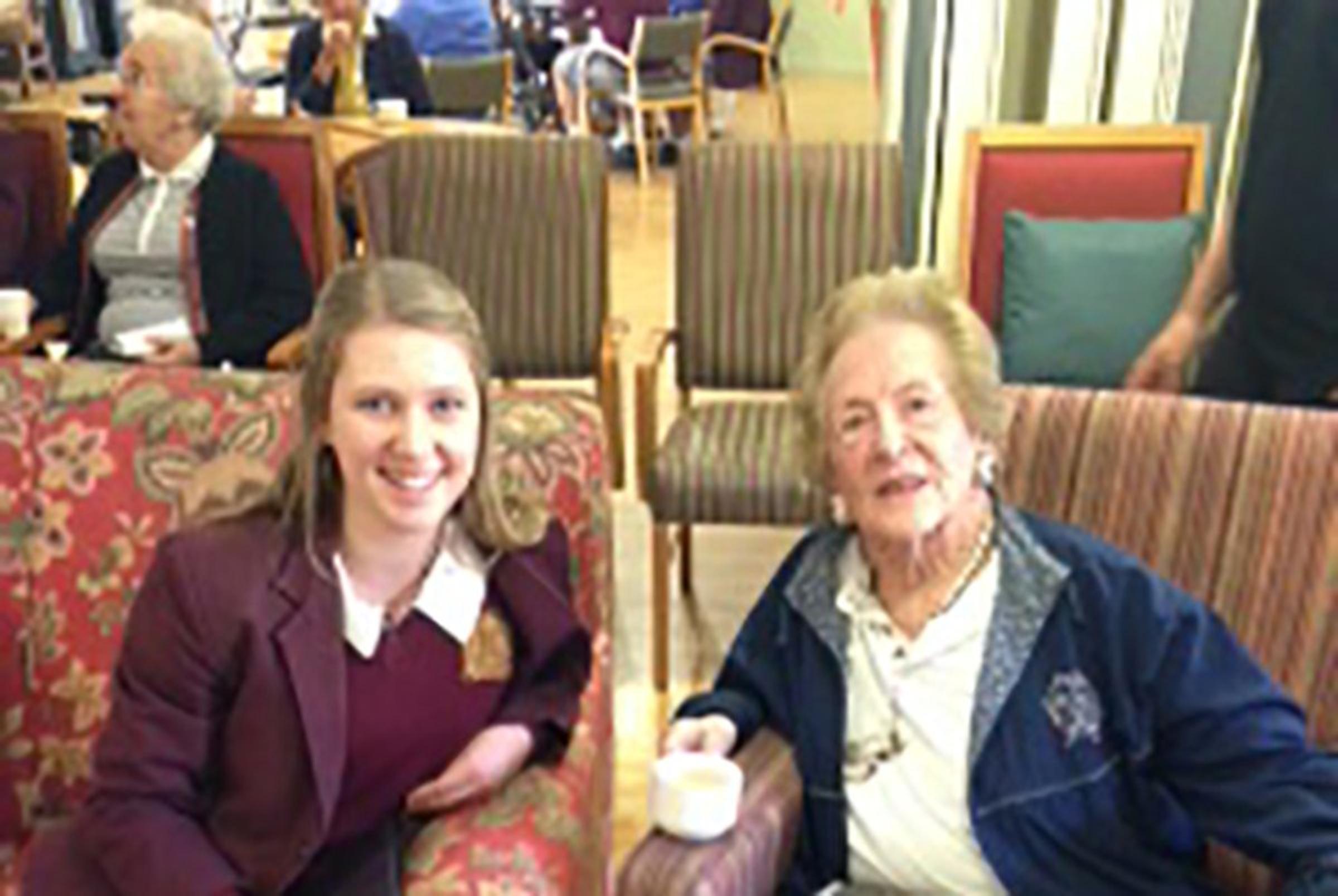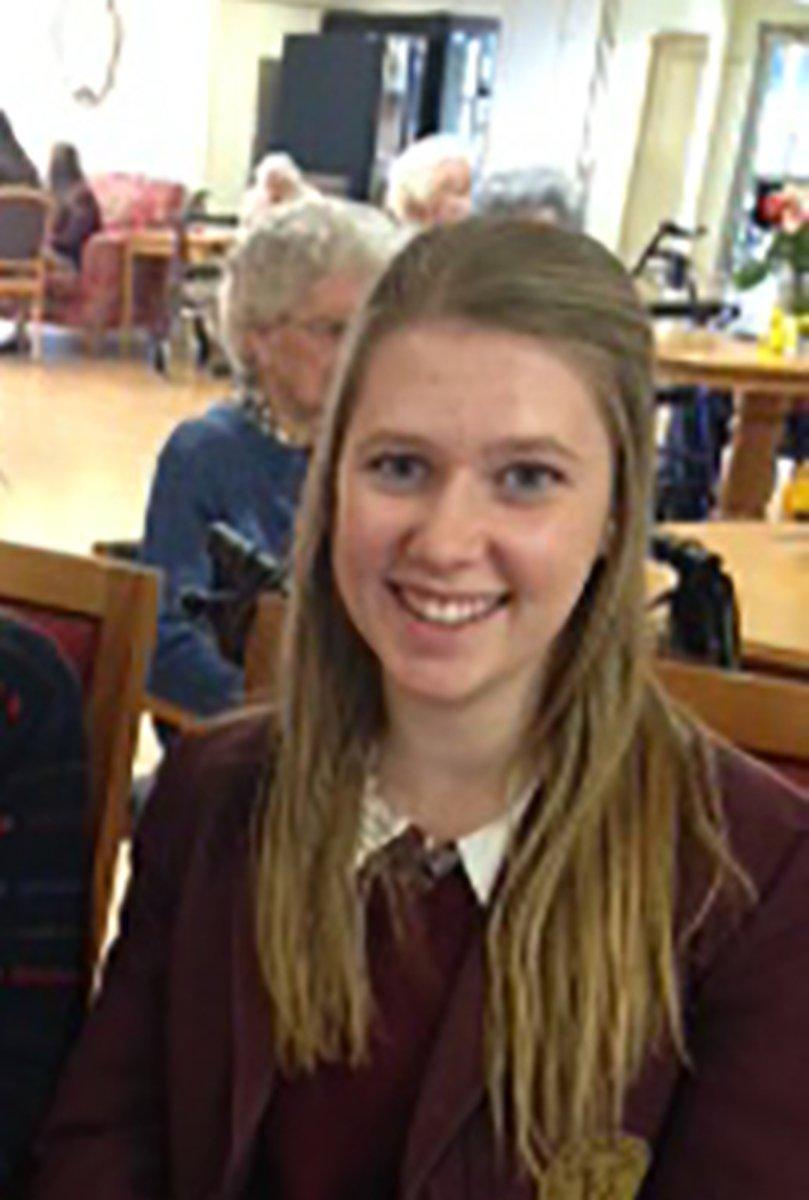HEALTH AND HUMAN DEVELOPMENT

Visit to Eva Tilley Residential Aged Care Facility
As part of Unit 2 Health and Human Development (HHD), students had to describe and explain the factors that affect the health and individual human development of Australia’s adults.
The year 11 HHD class visited the residents at the Eva Tilley home across the road from the school, to interview a person in the latter stages of the lifespan range of late adulthood.
The purpose of this visit was to enhance the residents’ social interactions with a younger generation, to observe physiological changes and the social, emotional, and intellectual changes the elderly residents have undergone.
Each group also took in a variety of tools such as ipad, wii games and board games, with the aim of introducing new technologies to the residents to help delay mental deterioration and positively influence their social interactions.
From their observations the students compiled a written report on the changes that occur in individual human development throughout adulthood.
Below are some of the things one of the students learned through interacting with the residents:
Catherine Gayfer
HHD teacher
I learnt a lot about Agnes’s family, her interests and the perspective she had on “education these days”. She told me she had four children and 8 grandchildren. Two of her sons were teachers, the other a banker, and her daughter, also a teacher, as had her husband been, who had sadly passed away the year before. She had concerns about education these days, and how children seem to be stressed a lot more in regard to school. She told me that her grandchildren were always getting very stressed about their school work. She also had concerns about being lonely at times, but she said that the people at the place were good to her, and helped her when she felt that way. She often referred to her poor hearing , and seemed to feel guilty whenever she couldn't hear what I was saying.
Although I think Agnes had aged very well for an 86 year old, I did notice multiple examples of physiological decline, as expected.
I believe Agnes experienced very positive social interactions with our visit, considering she told me how much she had enjoyed my company because she could feel lonely at times in there. I believe Agnes learned a lot about technology, because I explained the iPad to her, and it interested her, so I explained a lot to do with other types of technology which she found interesting. I also noted that for particular brain training games her reflexes slowly became faster as she played more times and progressed to higher levels.
Mary Fahey
Year 11

